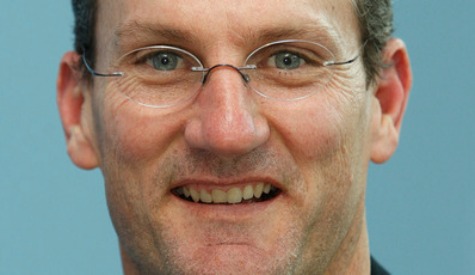 Experts are divided on the path to future Olympic glory, with one saying New Zealand can't afford to enter an international funding "arms race".
Experts are divided on the path to future Olympic glory, with one saying New Zealand can't afford to enter an international funding "arms race".
Geoff Dickson, associate dean of AUT's faculty of health and environmental sciences, said the Government's funding freeze for high-performance sport did not mean we could not compete.
"The Australian rowing programme has considerably more resources at its disposal, yet the New Zealand programme is more effective."
He said New Zealand's population meant it was at its upper reaches for medals and it would be a major achievement to maintain its standing.
New Zealand won 13 medals in London, including five golds.
Dr Dickson said it was unrealistic to try to match other countries in terms of funding increases.
He said that as the focus was increasingly on winning medals above all else, "hyper-specialisation" could become a mainstay of sport funding.
"The best example within the context of New Zealand is concentrating on track and field female events.
"And in particular - this is the hyper-specialisation - the female throwing events. Trying to find the next generation of your Beatrice Faumuina and Valerie Adams."
But University of Canterbury business lecturer Ekant Veer said New Zealand needed to increase funding, and not only for the top medal prospects.
"If we took that attitude, then some of our greatest athletes would never have had a chance to hone their sport ... and go on to Olympic greatness," he said.
Sports Minister Murray McCully has said the country's financial situation means sport funding will "flatline" for at least two years.
Sport NZ will decide by the end of next month which sports it will target for help, and decisions on specific funding will be made in December.
Sport NZ chief executive Peter Miskimmin told Radio New Zealand yesterday that this country was one of the few to still be improving on the world high-performance stage.
He said he thought target funding was here to stay.
By Nicholas Jones
Source: www.nzherald.co.nz
